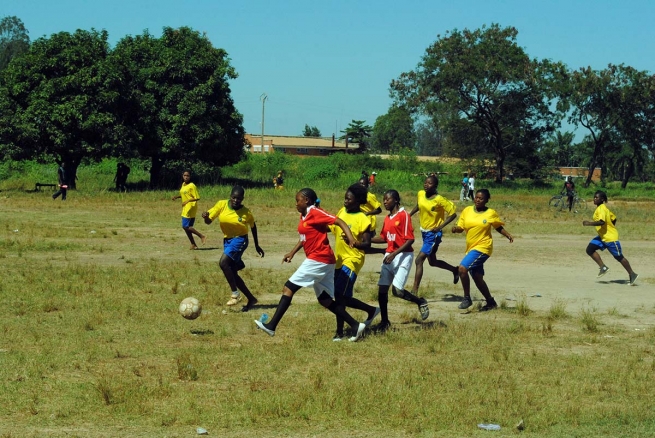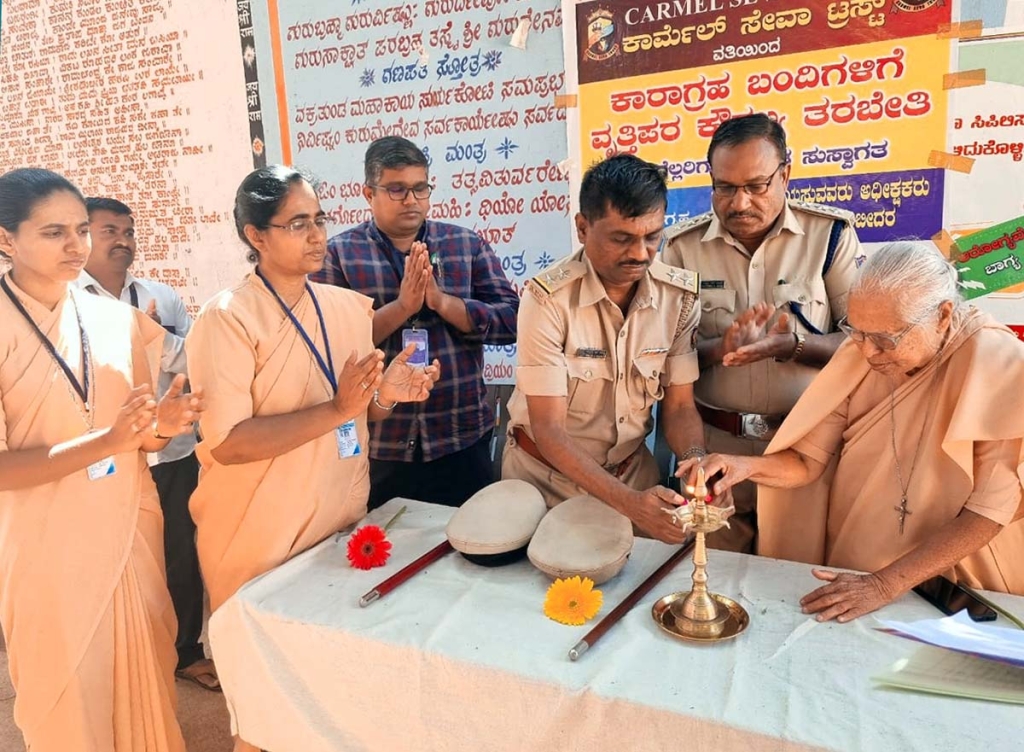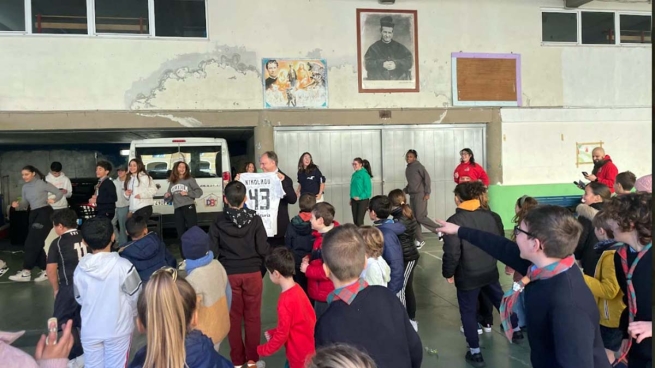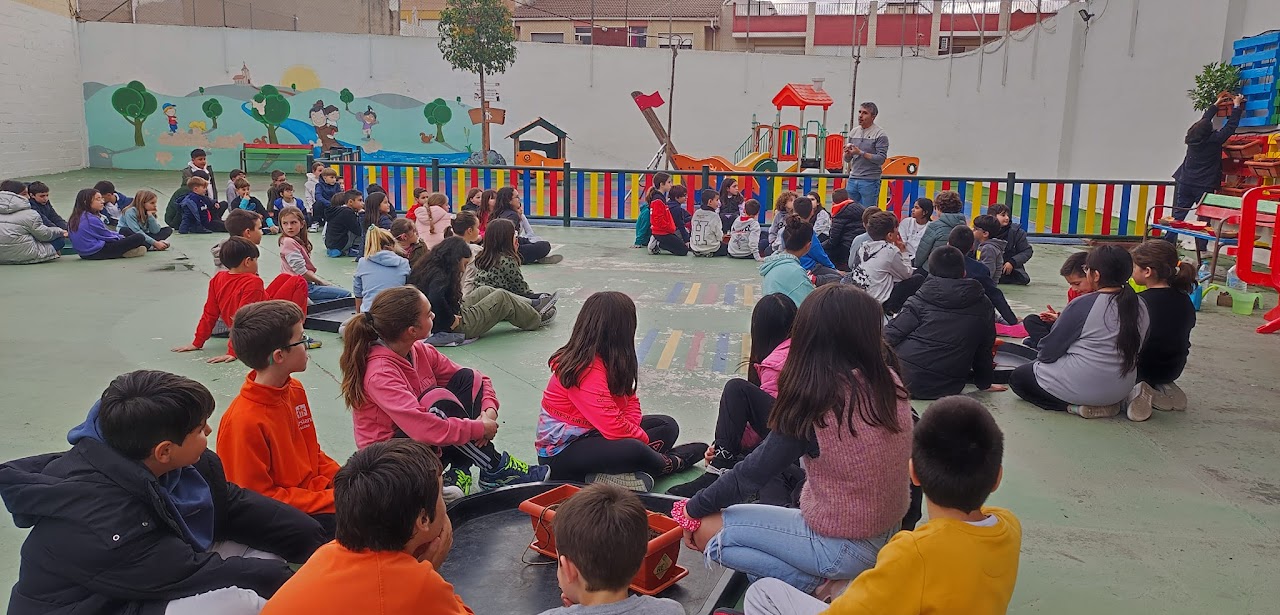DR CONGO: Youth Soccer League Impacts More Than 1,600 Youth Teaching Important Team Skills

(MissionNewsire) Salesian Brother Honorato Alonso has been organizing the most popular youth soccer league in the eastern region of the Democratic Republic of Congo for the last 35 years. After leaving his native city of Burgos, Spain, Bro. Alonso arrived in the city of Goma in 1981. He immediately set up a youth soccer league open to young athletes at all levels. The league is free and parents do not have to pay for their children to play on a team.
Hundreds of youth come from all the neighboring districts to play. The championship game at the end of the season has become very well known. This year, 100 teams and close to 1,600 youth participated in the biggest tournament to date for boys aged nine to 15. The tournament is played on the soccer field at the local Don Bosco School in Goma, and provides an opportunity for youth from all ethnic and social-economic backgrounds to come together to learn a team sport and interact with one another. Playing in the tournament has become a source of pride for youth in the region.
Each Sunday, the field is divided into six rectangles, and Bro. Alonso distributes balls and outfits for the teams, which are then returned at the end of the game. At the sound of his whistle, the games starts, six at a time. Bro. Alonso is more interested in the game’s ability to attract youth to come together and learn than he is in the game itself.
“Sports have a great influence on youth so I use it for the transmission of values such as teamwork, punctuality, respect for the referee and the opponent, and dealing with frustration,” says Bro. Alonso. “We do not have many resources so we give the same trophy every year and some of the outfits go back ten years or more. But the enthusiasm with which the children play is contagious.”
Salesian-run sports programs teach youth both on and off the field. Learning and playing team sports encourages leadership skills as well as teaches youth to work as part of a team. Students also learn important social skills and have opportunities for growth and maturity.
“Salesian missionaries offer a variety of educational and social development programs for youth, many with an emphasis on recreation and sports activities,” says Father Mark Hyde, the executive director of Salesians Missions, the U.S. development arm of the Salesians of Don Bosco. “The goal is to provide the opportunities necessary to gain an education and skills training to break the cycle of poverty and retain long-term employment.”
The DR Congo has been plagued by intense civil war and internal conflict since the outbreak of fighting in 1998. As a result, there have been close to 5.4 million deaths, according to the International Rescue Committee. Most deaths resulted from non-violent causes such as malaria, diarrhea, pneumonia and malnutrition, all typically preventable under normal circumstances but often fatal in times of conflict. Close to 1.5 million people have been internally displaced or have become refugees in neighboring countries after having fled the country to escape the continued violence.
Young people make up about 19 percent of the country’s population but account for 47 percent of deaths during this conflict. Poverty is rampant, according to UNICEF, and 72 percent of rural households and 59 percent of urban households are poor. Nearly 40 percent of children under five suffer from chronic malnutrition and most of the population lives with moderate to serious food insecurity. The 2013 Human Development Index ranked the DR Congo186th out of 187 countries and territories listed.
###
Sources
ANS – D. R. Congo – Football under the volcano
UNICEF – DR Congo
*Any goods, services, or funds provided by Salesian Missions to programs located in this country were administered in compliance with applicable laws and regulations, including sanctions administered by the U.S. Department of Treasury’s Office of Foreign Asset Control.




